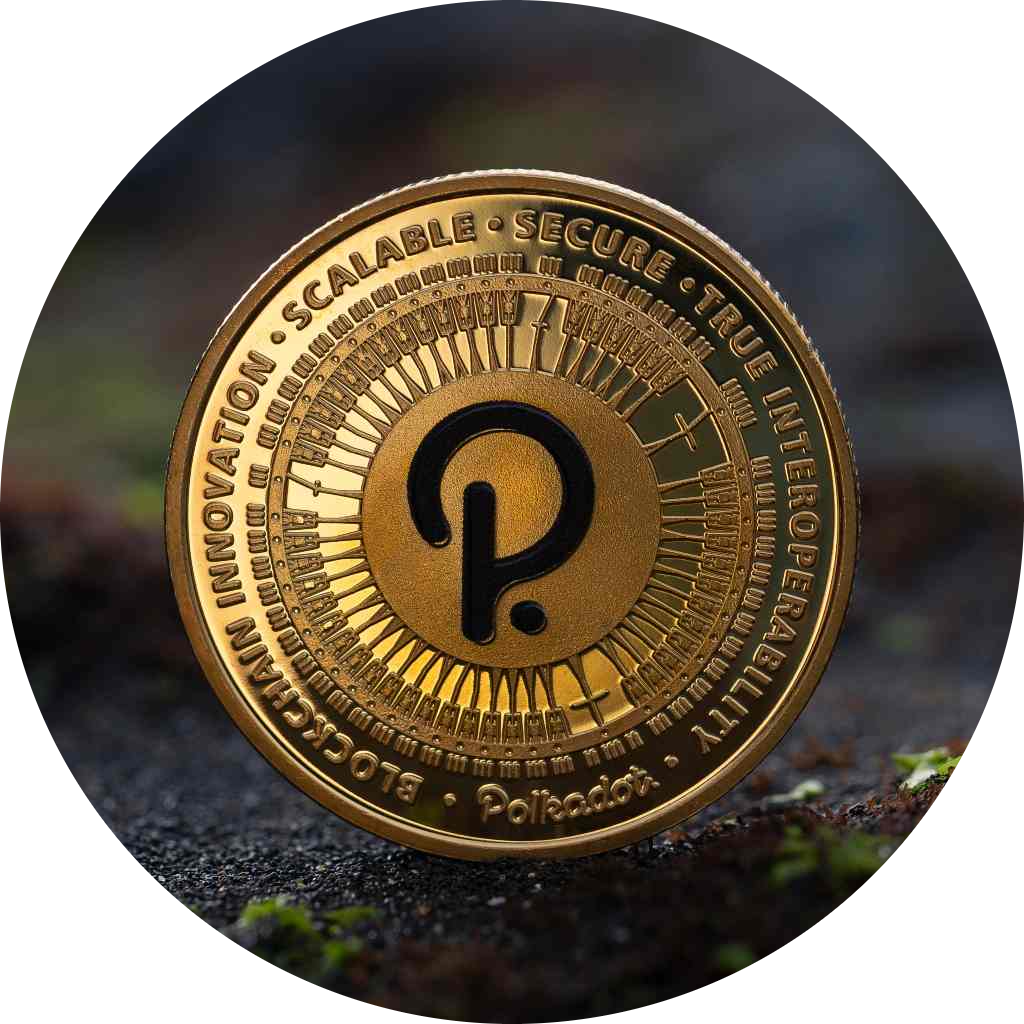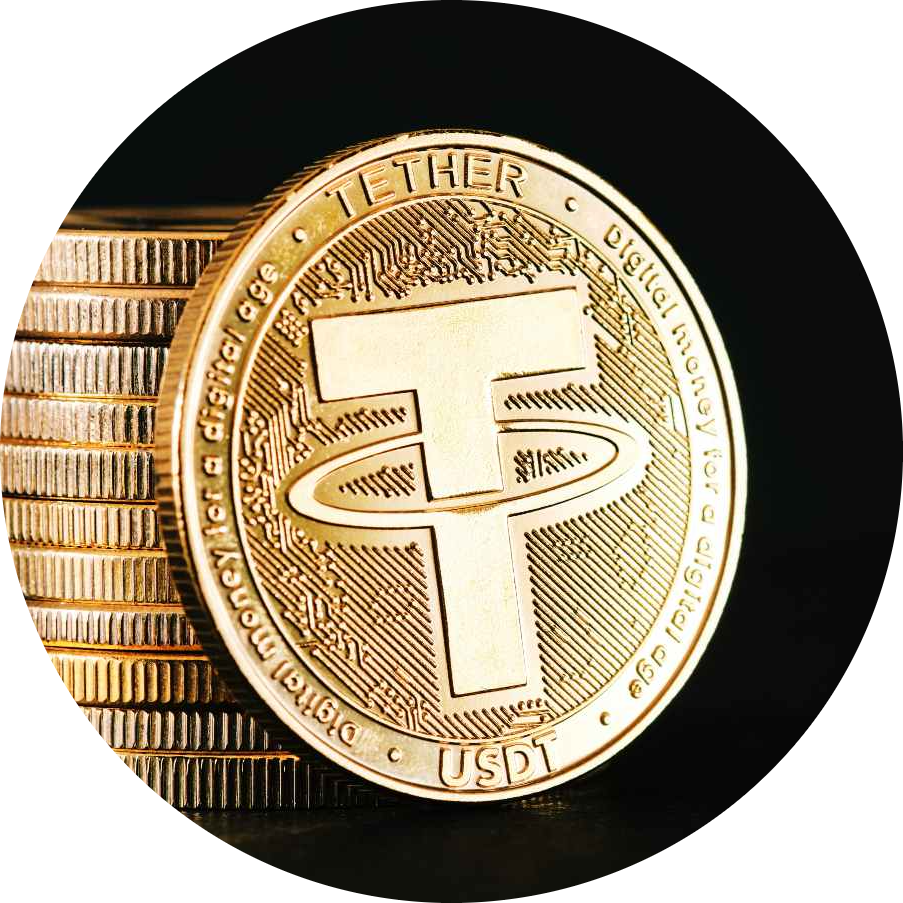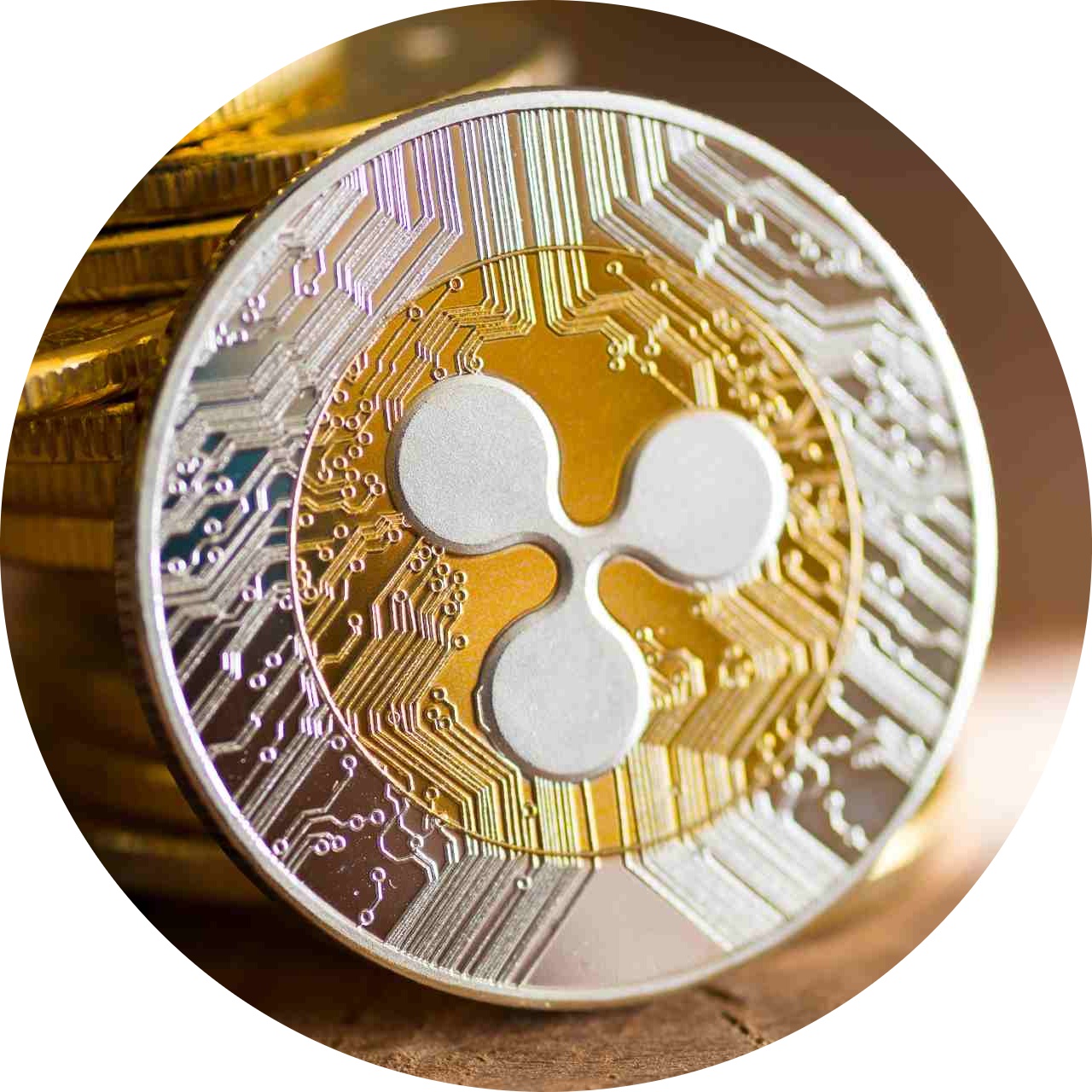Types of Cryptocurrency Explained from A to Zcash
Cryptocurrency has been around since 2009, but still remains largely misunderstood. And with the recent boom of Bitcoin and other cryptocurrencies, there are now more people than ever interested in learning about these digital currencies (and the impact they may have both now and in the future).
In this guide, you'll find an A-Z list of some of the most popular types of cryptocurrency on the market today to help you understand what they are and how they work.
Let's get started.
Coins vs. Tokens
First of all, it's important to understand the difference between coins and tokens. Both of these terms get thrown around a lot in the world of cryptocurrency, but there are key differences between them.
COINS
Coins are digital assets that work a bit like traditional money. Coins like Bitcoin (BTC) or Litecoin (LTC) use cryptography to secure transactions, and they're used as a way to exchange value between different parties, or simply as a store of value. Coins function more like a currency, so they can be used with any merchant who accepts that currency.
TOKENS
So what are tokens? Well, even though a token can be used to trade value, they also offer additional functionality. For example, a token can be used to give you access to an application or verify your identity. However, it's important to note that a token is only valid with the merchant who creates it, and they're largely distributed via Initial Coin Offerings.
Why So Many Types Of Cryptocurrency?
The fact that there are so many types of cryptocurrency available on the market today is largely due to their ease of creation. Practically any software developer with the necessary skills can use the original blockchain source code and use it to create something new. With this in mind, many developers have sought to develop cryptocurrencies that can serve a specific purpose, but also work within the cryptocurrency ecosystem.
However, as a result of the ease by which new cryptocurrencies can be created, it's difficult to establish long-term value for them. Many experts point out that there are currently over 1,000 tokens and altcoins available on the market today with little practical application. This makes it much more challenging for newer currencies to stand out from the crowd and establish themselves as valuable projects.
Even so, some do manage to develop real-world applications and become highly valued over time.
-
It's estimated that there are over 8,000 different cryptocurrencies that have been developed over the years to date. Of course, only a fraction of these digital currencies are well known to consumers today, but this number is expected to grow in the coming years.
-
Of course, one of the most popular cryptocurrencies is Bitcoin (BTC), and it's still easily the most valuable cryptocurrency today. In addition to this, there are a handful of other digital currencies that have developed strong reputations over time. These include Ethereum (ETH), and Litecoin (LTC), as well as several others.
All of these coins have taken steps to position themselves as among the most valuable cryptocurrencies, and they're all easily accessible to consumers today.
-
Given the nature of cryptocurrency, it's not surprising there are many points of contention when it comes to virtual currencies. Some people praise cryptocurrencies for their ability to help facilitate global transactions without involving banks or governments.
On the other hand, there are some who think that cryptocurrency is too risky and volatile to be a trusted form of currency. In fact, there are some experts who believe that cryptocurrency is in a bubble right now and will eventually need to be regulated by the government when it pops.
Even so, there's been a shift in public opinion as more people learn about cryptocurrency and understand its benefits.
Cryptocurrency List: The Top 10 Types
If you're just getting started with digital currency, it may be a good idea to focus on the top 10 most valuable currencies to get your feet wet. While this list is by no means extensive, these digital currencies are some of the best known on the market today:
1: Bitcoin (BTC)
Bitcoin is the most well-known cryptocurrency in the world, and it's the one that comes to mind first when most people think about digital currency.
It was launched in 2009, and it offers a quick way for consumers to transfer funds through the blockchain.
2: Ethereum (ETH)
Ethereum is another popular digital currency that was launched in 2015.
Its key claim to fame is how it allows developers to create smart contracts and decentralized applications (Dapps) to run on the blockchain itself.
In turn, this opens up a multitude of potential uses for Ethereum.
3: Litecoin (LTC)
Litecoin (LTC) is an open-source digital currency that was launched in 2011.
This coin has a number of features that set it apart from other currencies, with some of the key perks being its fast block generation (which means it can confirm new transactions faster than Bitcoin, for example).
4: Binance Coin (BNB)
BNB was originally launched in 2017 on the Ethereum network, with its main purpose being to function as a utility token to give discounted trading fees.
However, it has since grown into a versatile token that's used for payments in industries as diverse as travel, entertainment, and financial services.
5: Dogecoin (DOGE)
Dogecoin (DOGE) is a peer-to-peer digital currency that was launched in 2013. At its core, Dogecoin uses the same encryption technology as Bitcoin, but it's largely considered a "meme coin".
However, the meme eventually took off, and in May 2021, the coin saw an increase in value of over 20,000%.
6: Cardano (ADA)
Cardano is a smart contract platform that was launched in 2015, being founded after a dispute between the co-founders of Ethereum.
It uses a "proof-of-stake" model which makes it different from the "proof-of-work" protocols used by Ethereum and BitCoin.
As such, it also consumes considerably less energy to run.
7: Polkadot (DOT)
Polkadot was launched in 2017, and it focuses on interoperability between different blockchain networks... which is why it's sometimes classified as a "blockchain for blockchains".
The project has big ambitions, and it's not hard to see why it might be on the rise after its launch.
8: Tether (USDT)
Tether (USDT) is a decentralized digital currency that was launched in 2015.
Tether is interesting because it's pegged to the value of the U.S. dollar, meaning it's classed as a "Stablecoin".
This is an important aspect of Tether because it provides a way for people to avoid the volatility experienced by most other cryptocurrencies.
9: Solana (SOL)
Solana was launched in 2019, and it's a smart contract platform that makes use of "Proof of History" technology.
PoH works by confirming that data existed at a particular point in time, and it can be used to solve problems with scalability that other smart contract platforms have struggled with.
10: XRP (XRP)
XRP is a digital currency that was launched in 2012.
It's been called "the banker's cryptocurrency", and by 2018, it had over 100 banks signed up and ready to use the system.
However, ongoing legal troubles have cast a shadow over the currency in recent years.
What's the Next Big Cryptocurrency?
It seems as if new and exciting digital currencies are being launched every month, and it's difficult to determine which ones have staying power. However, there are always a few indicators you can look for when evaluating a currency.
For instance, does its technology or innovation put it ahead of the curve in some way?
What sort of community support has it gathered so far?
Is there a large and loyal user base?
These might be good places to start when it comes to finding the next big thing.
However, there's no guarantee which cryptocurrency will flourish in the long run, so it really comes down to your own due diligence and investing savvy.
There's even a good chance that some of the currencies on this list will disappear, while others could sweep in and replace them. Who knows? The cryptocurrency space might be completely different in a decade from now!
What Makes Cryptocurrencies Valuable?
In order for a cryptocurrency to be valuable, there are a few key factors that need to come into play. First and foremost, cryptocurrencies need to have a strong developer base that's committed to making it work. This includes attracting new consumers by creating real-world applications for the currency.
In addition to this, cryptocurrencies need to offer something unique and better than their competitors. For example, Bitcoin (BTC) was developed as a peer-to-peer electronic cash system which makes it easier to conduct global transactions. Because of this, Bitcoin has managed to build a strong following and a high value over time.
Cryptocurrencies also need to be incredibly secure so that they can't be hacked. For example, the cryptocurrency Ethereum (ETH) was developed with a unique blockchain technology known as “smart contracts” which makes the currency almost hackproof.
What's Next for Cryptocurrency?
As more people learn about cryptocurrency, it's expected to continue growing in popularity. That means more use cases for the currency, and perhaps even mainstream adoption in the future.
What's less clear is how governments will react to the rise in cryptocurrency popularity. The future of cryptocurrency is uncertain in many ways, but there's no denying that it'll continue to grow and evolve as time goes by. All we can do is stay tuned and see what the future brings.
Final Thoughts
The cryptocurrency market is always changing and evolving, with new coins being introduced on a regular basis. But these 10 cryptocurrencies are some of the most popular ones you should know about if you're looking to enter into this emerging space. Some have been around for years but continue to grow in popularity, while others were only recently launched and may become valuable investments as they catch on among users.
Yet the key takeaway is that there's no definite answer when it comes to picking out which digital currency will be successful or not – all we can do is make educated guesses based on available data points, such as how much support each coin has gathered so far, its unique features versus other currencies, and its potential for future growth.
It remains unclear what currencies will prevail over the longer term. However, it seems as if blockchain technology is here to stay, and this will allow currencies like these to continue growing in prevalence. And will one of them become the new Bitcoin or Ethereum of the future? Only time will tell.
Everything You Wanted to Know about Finances in One Place.












